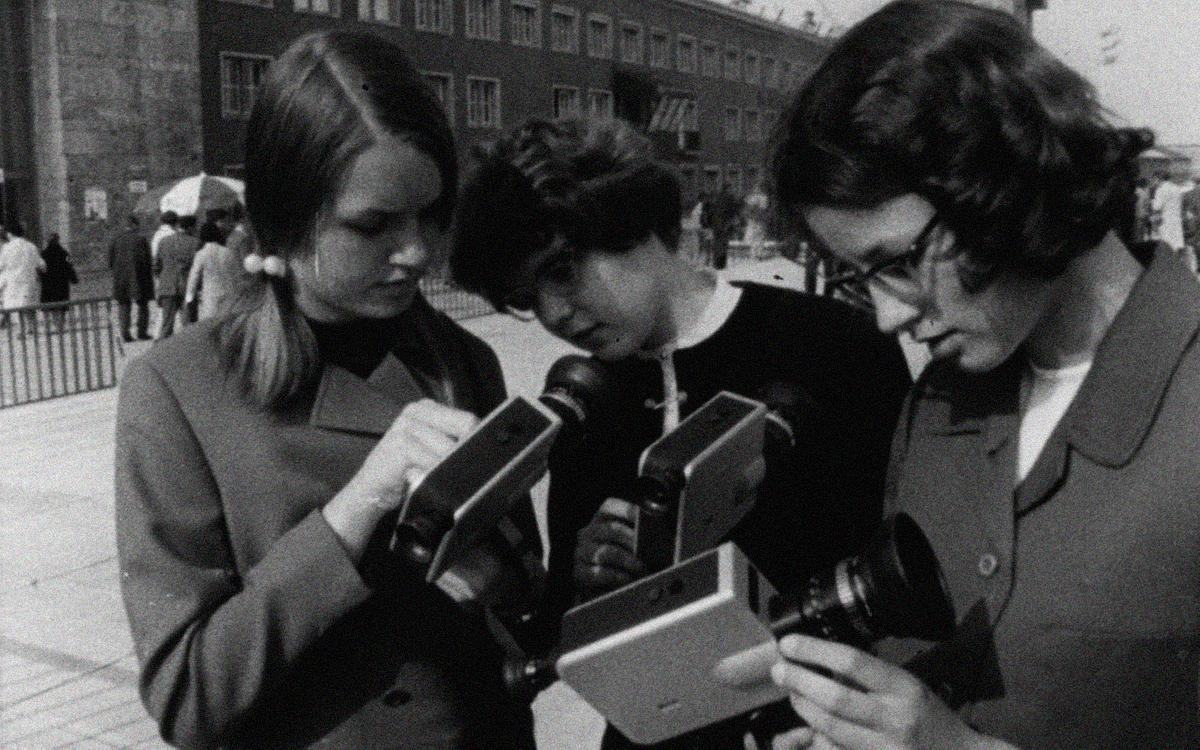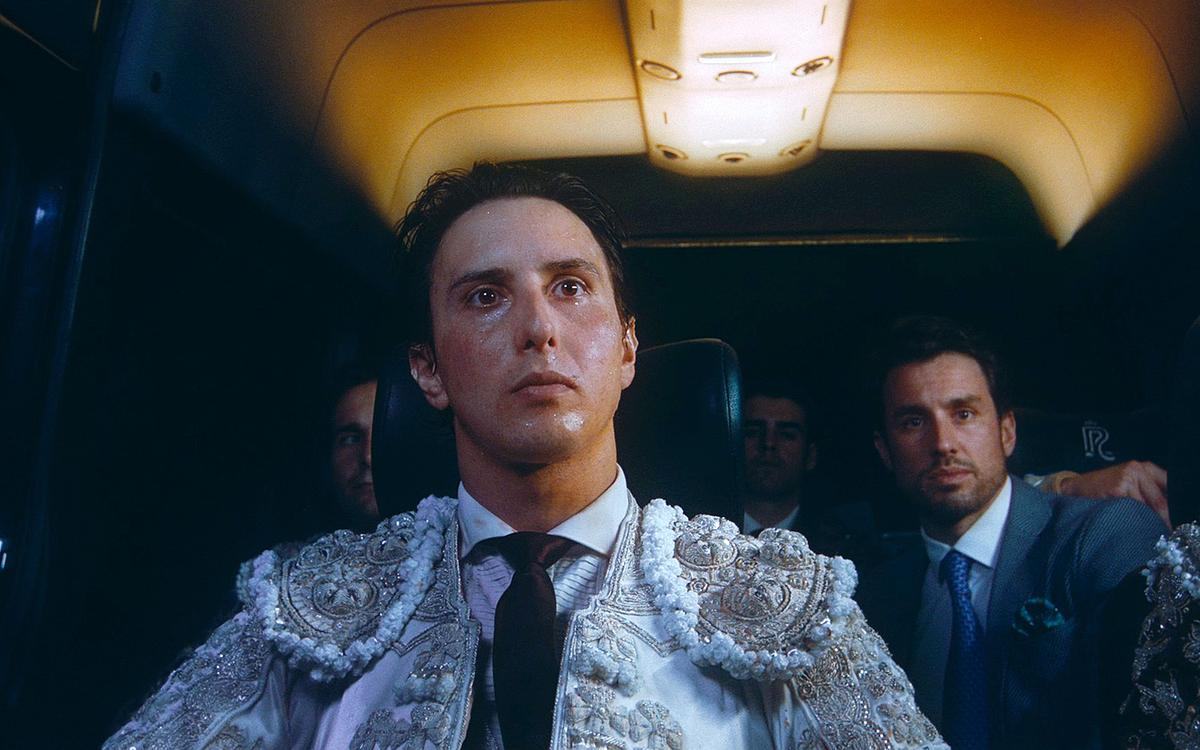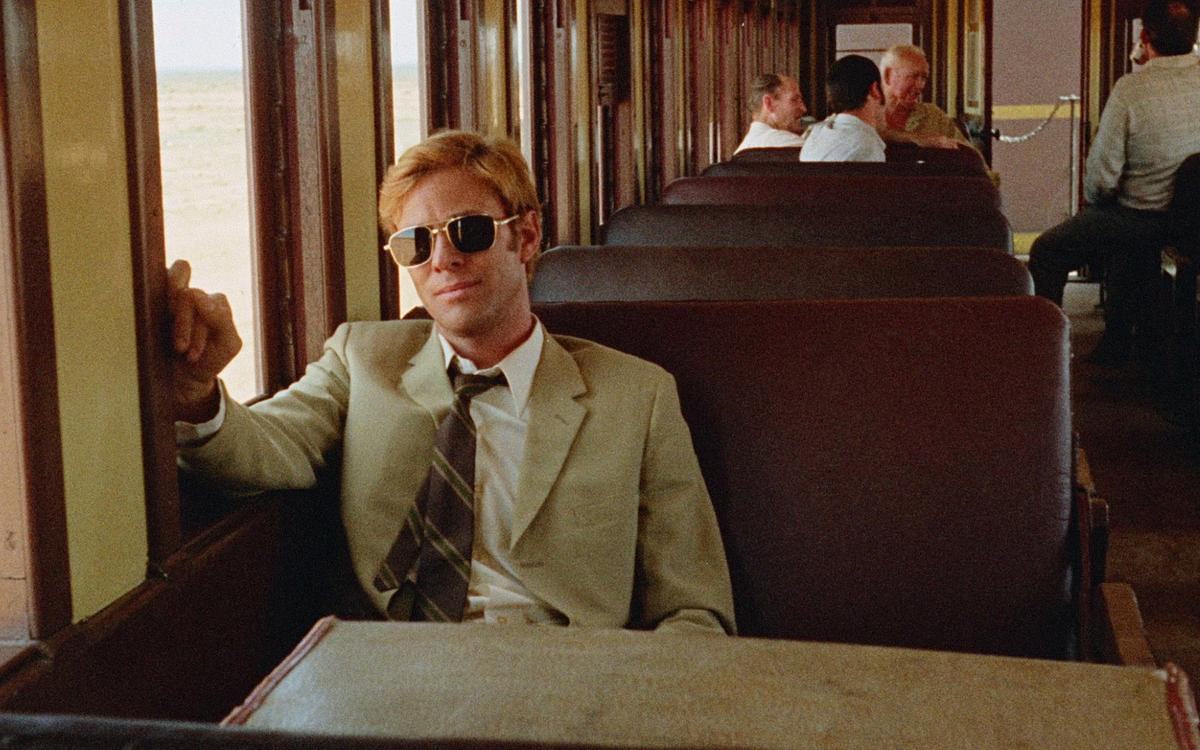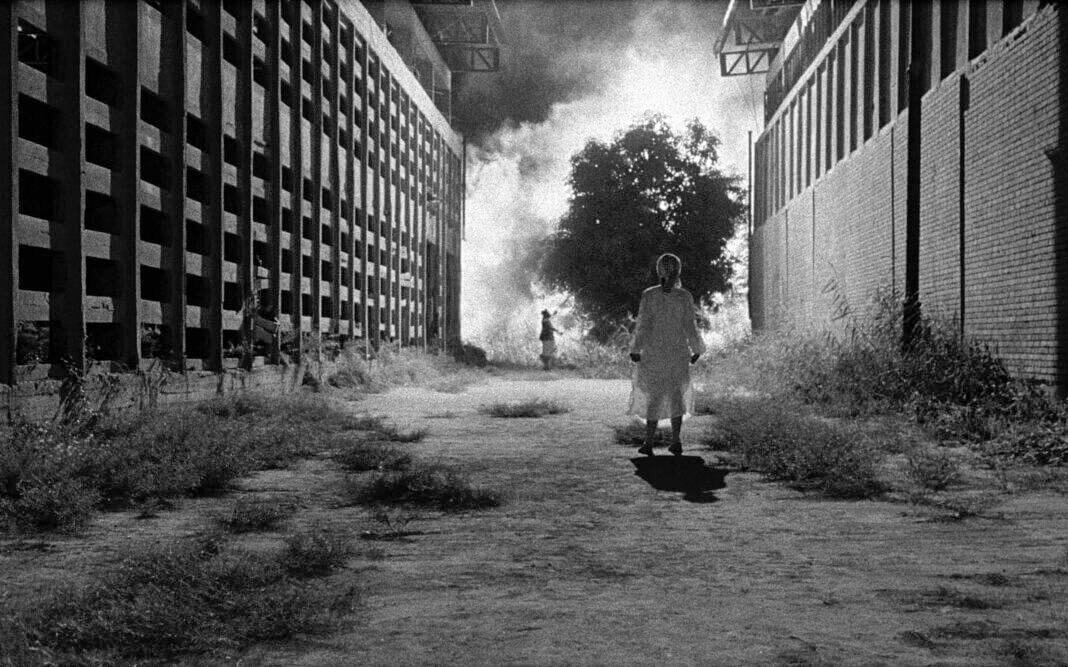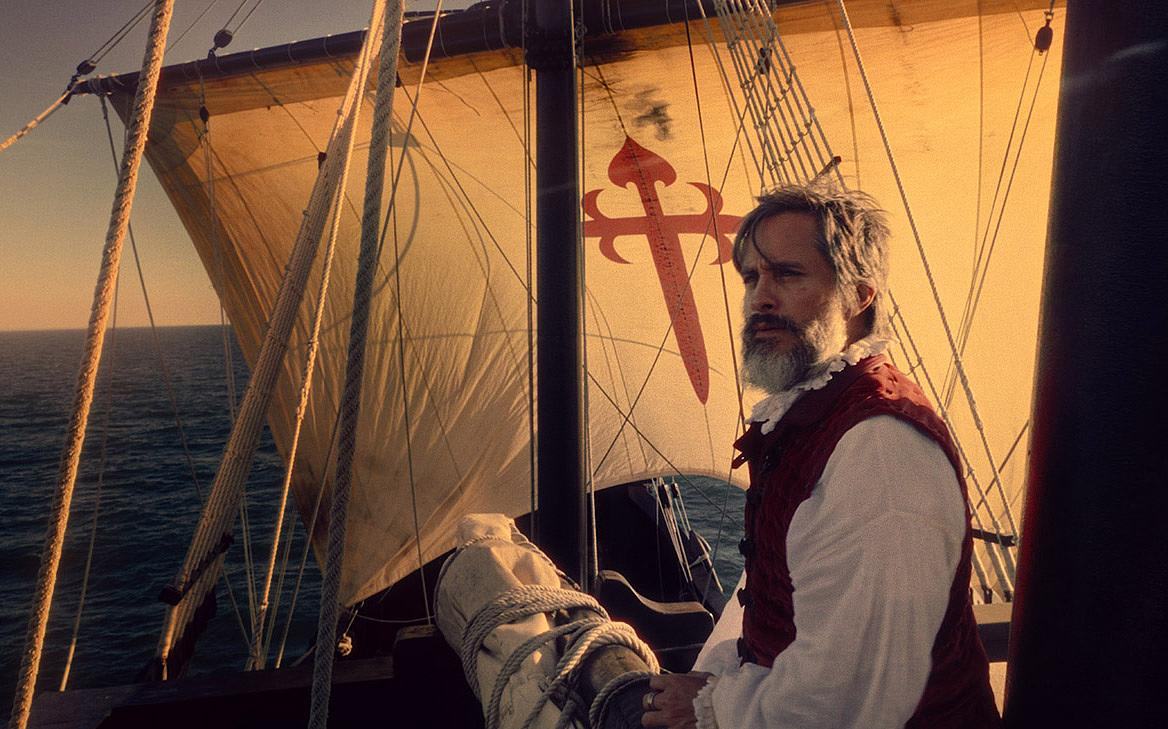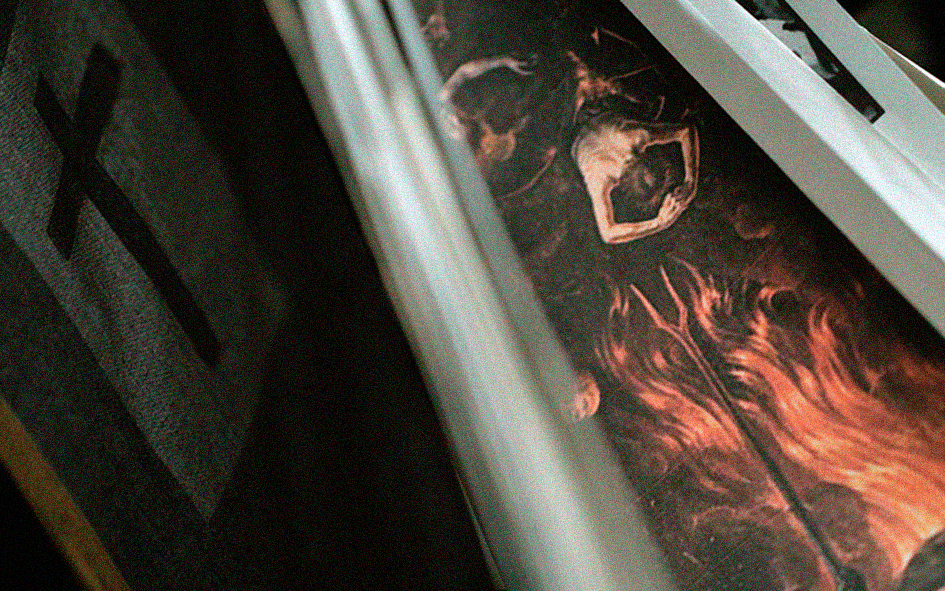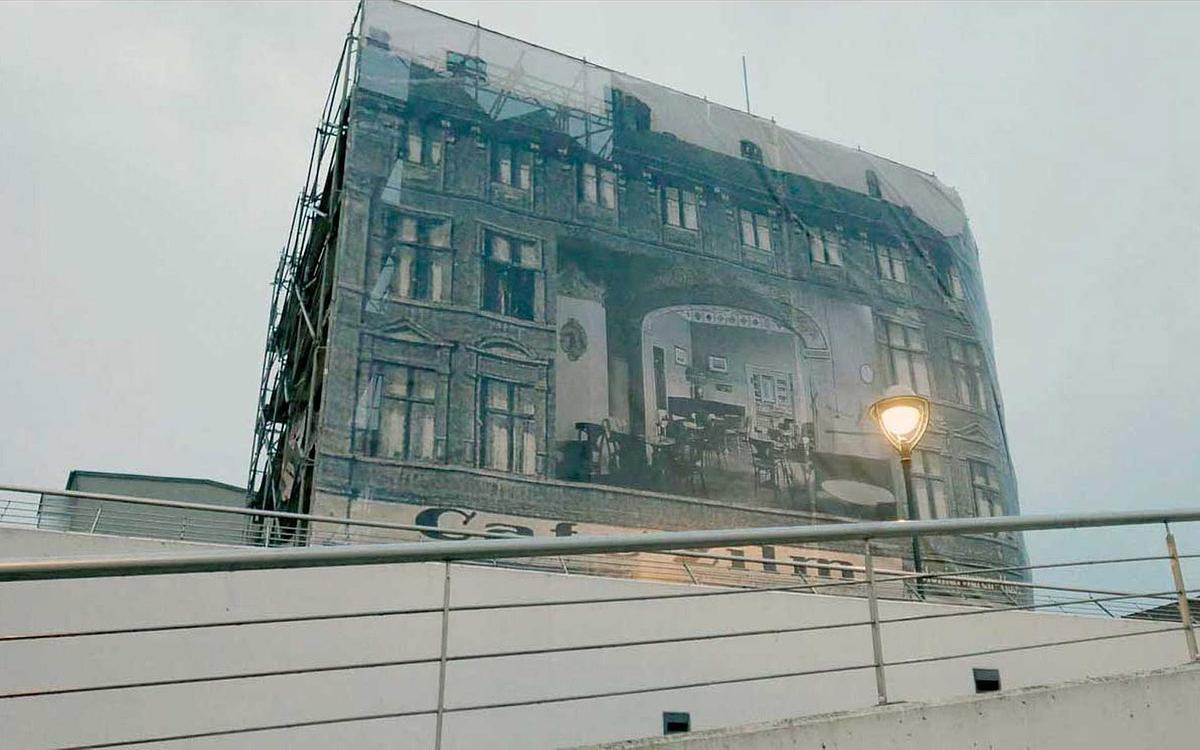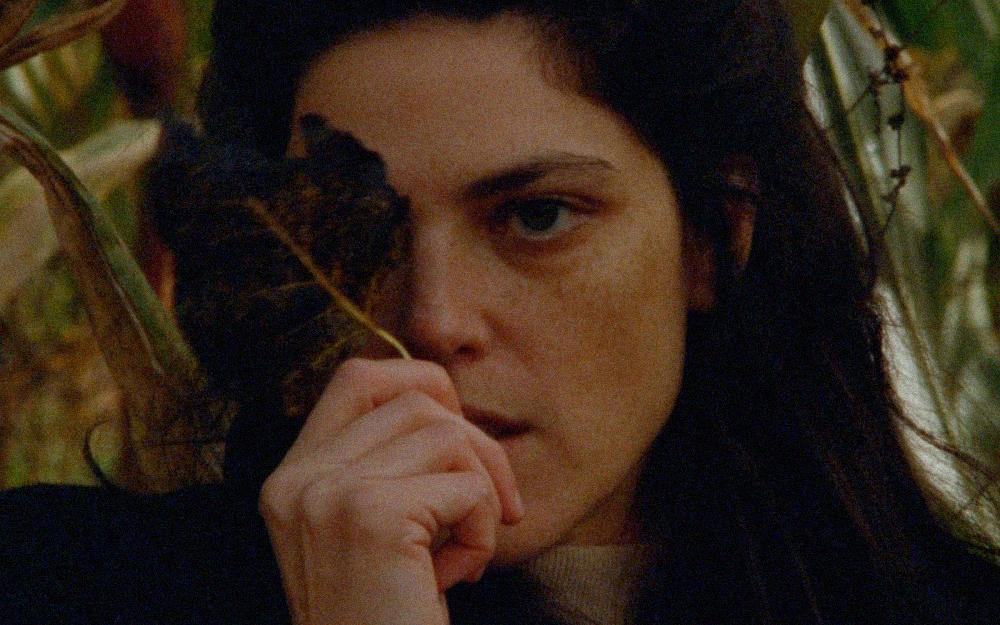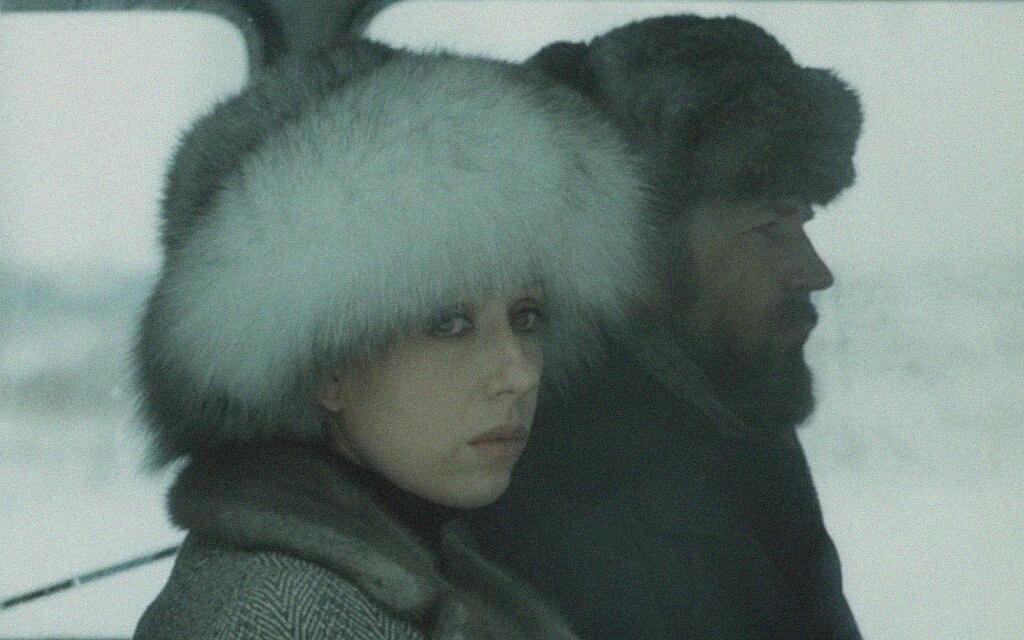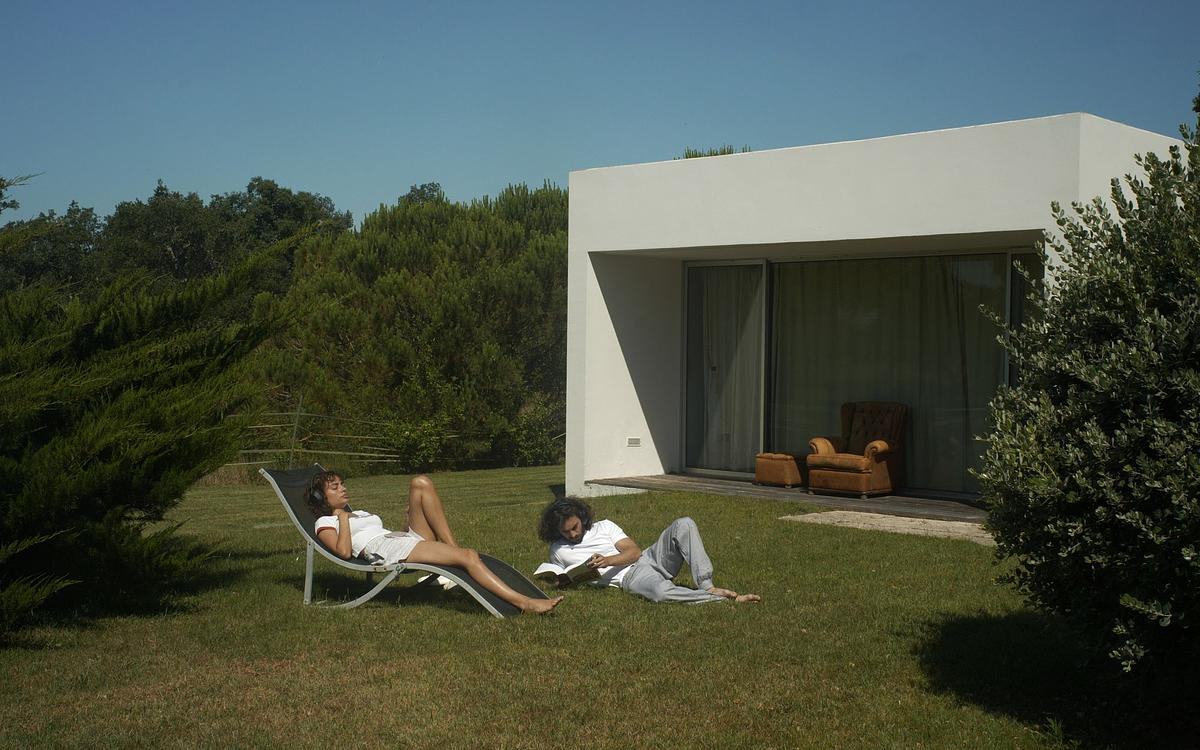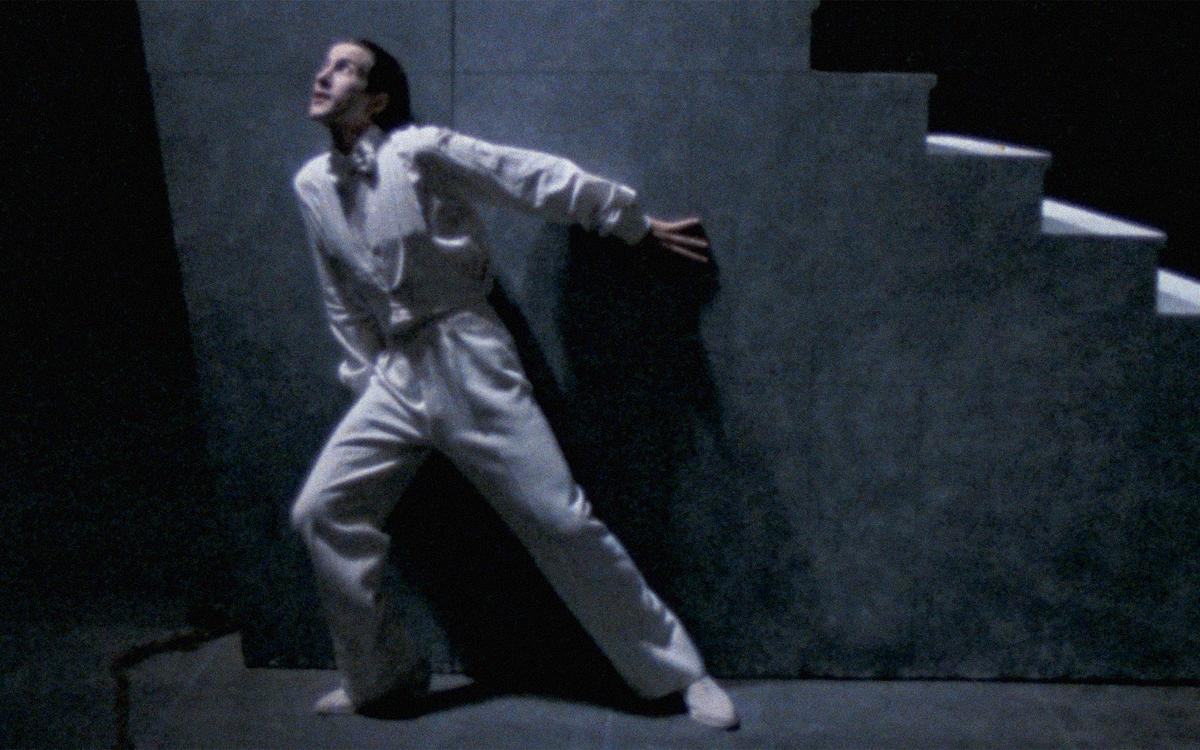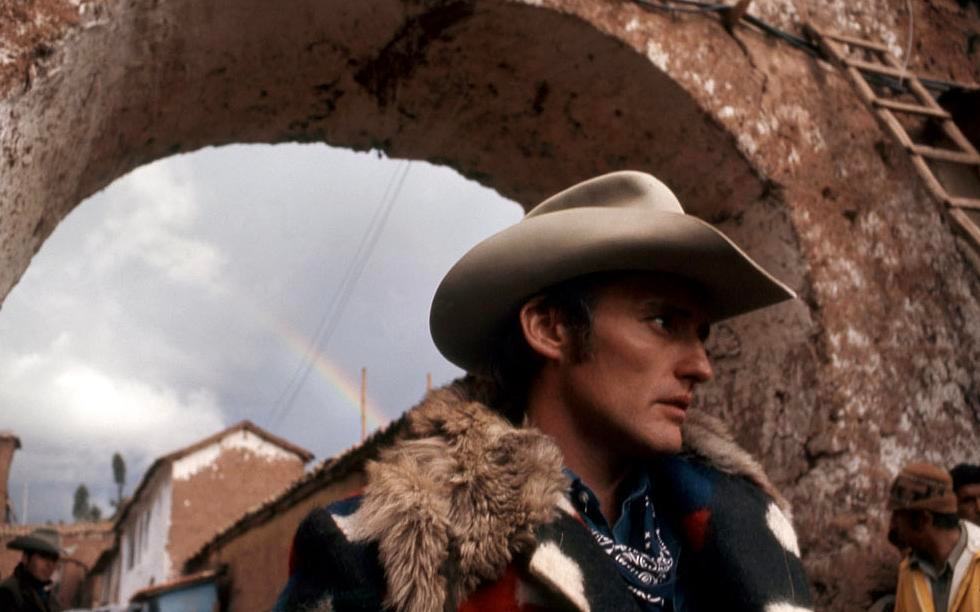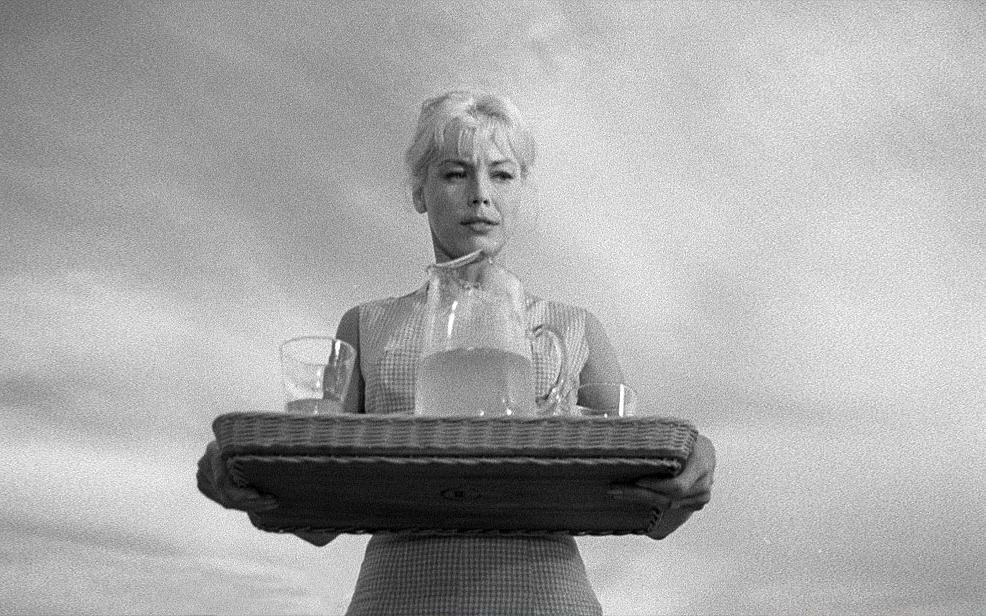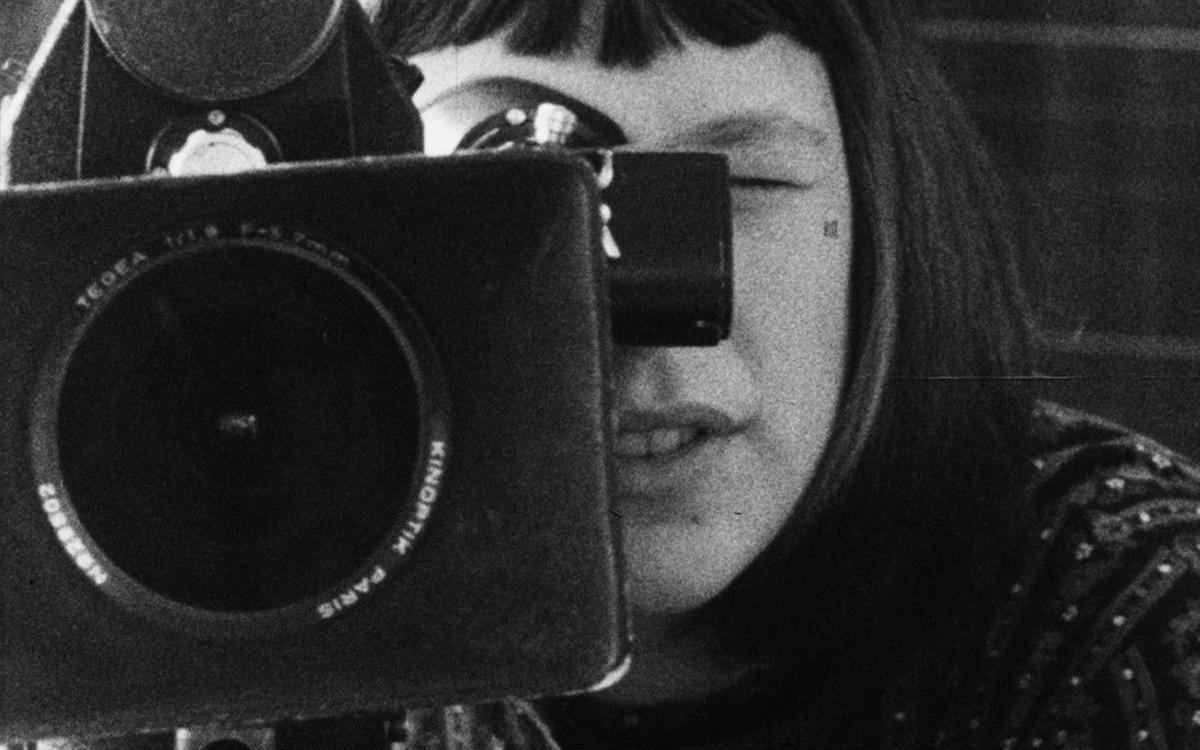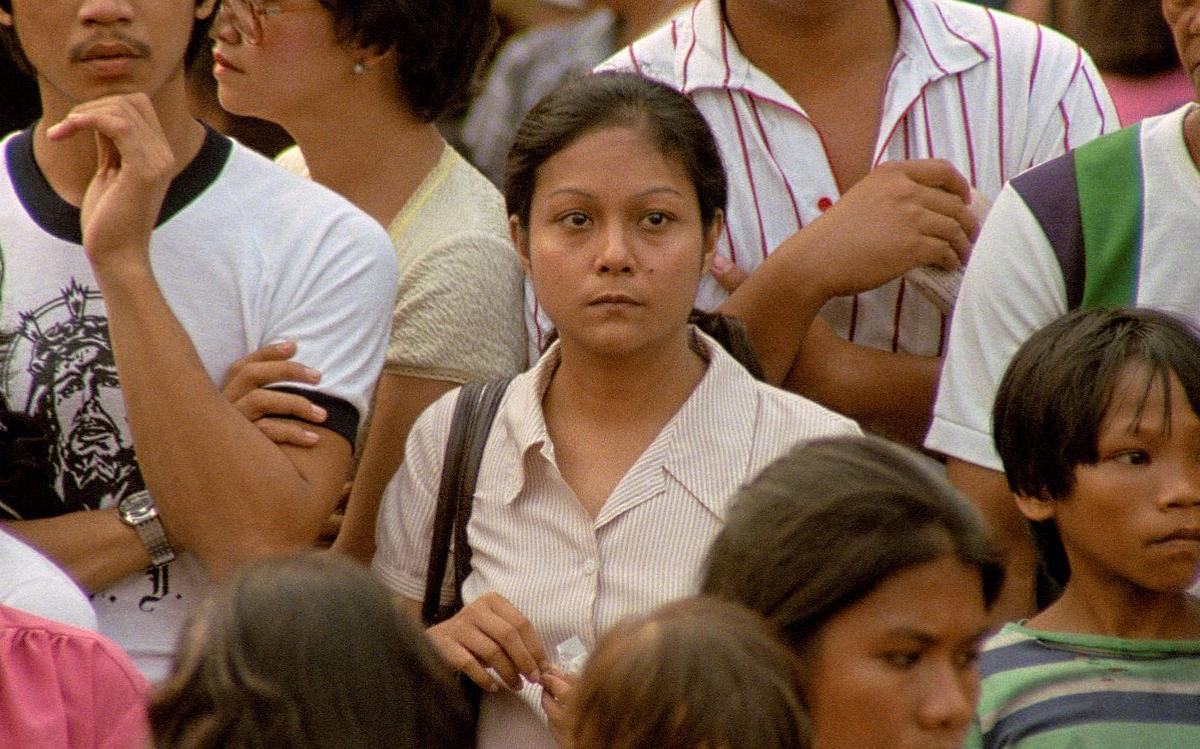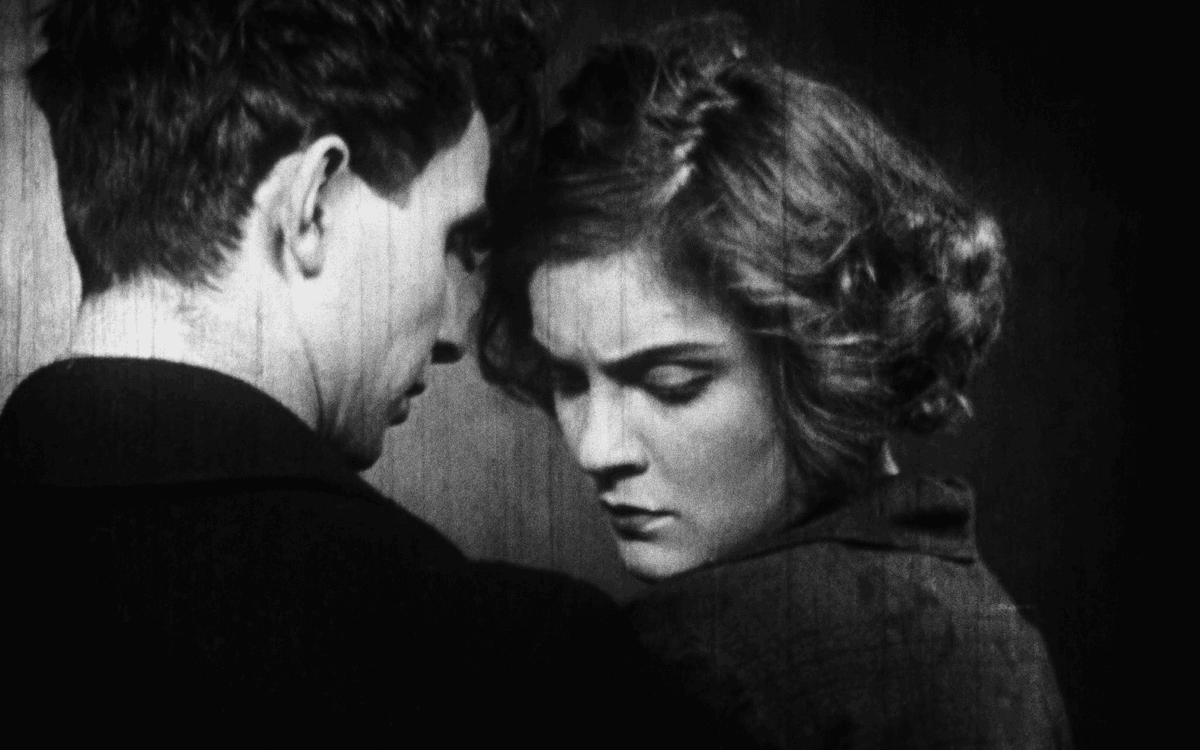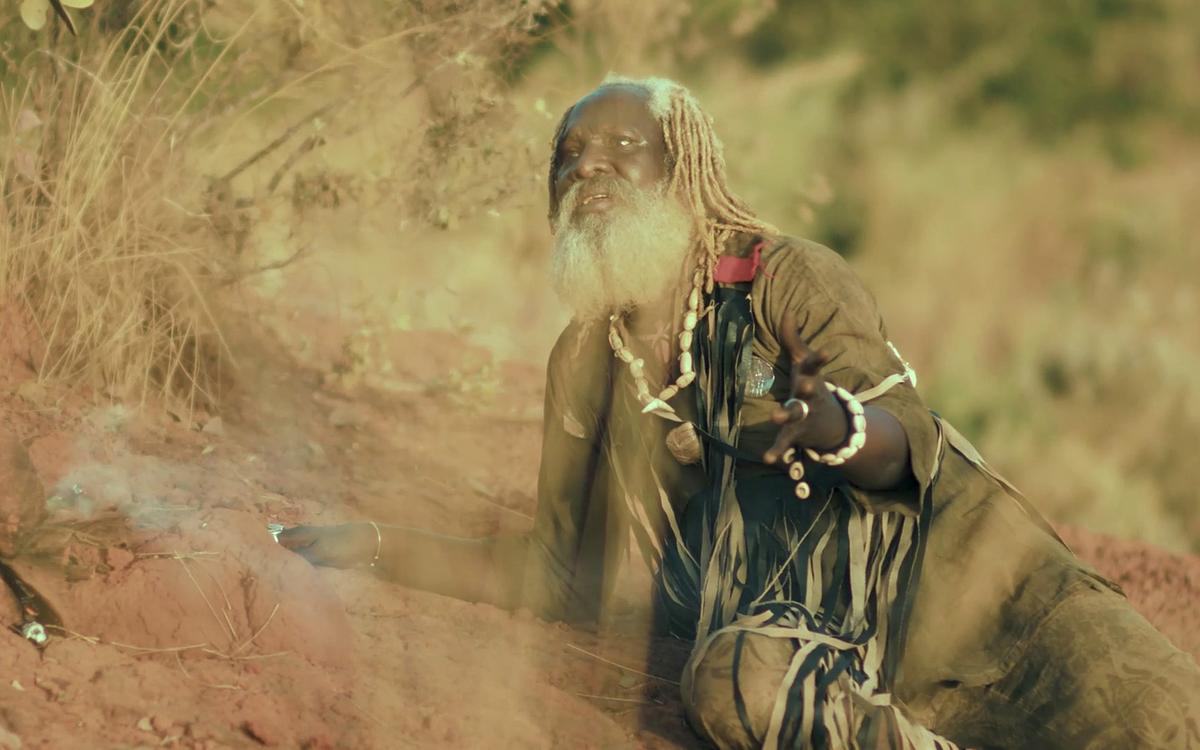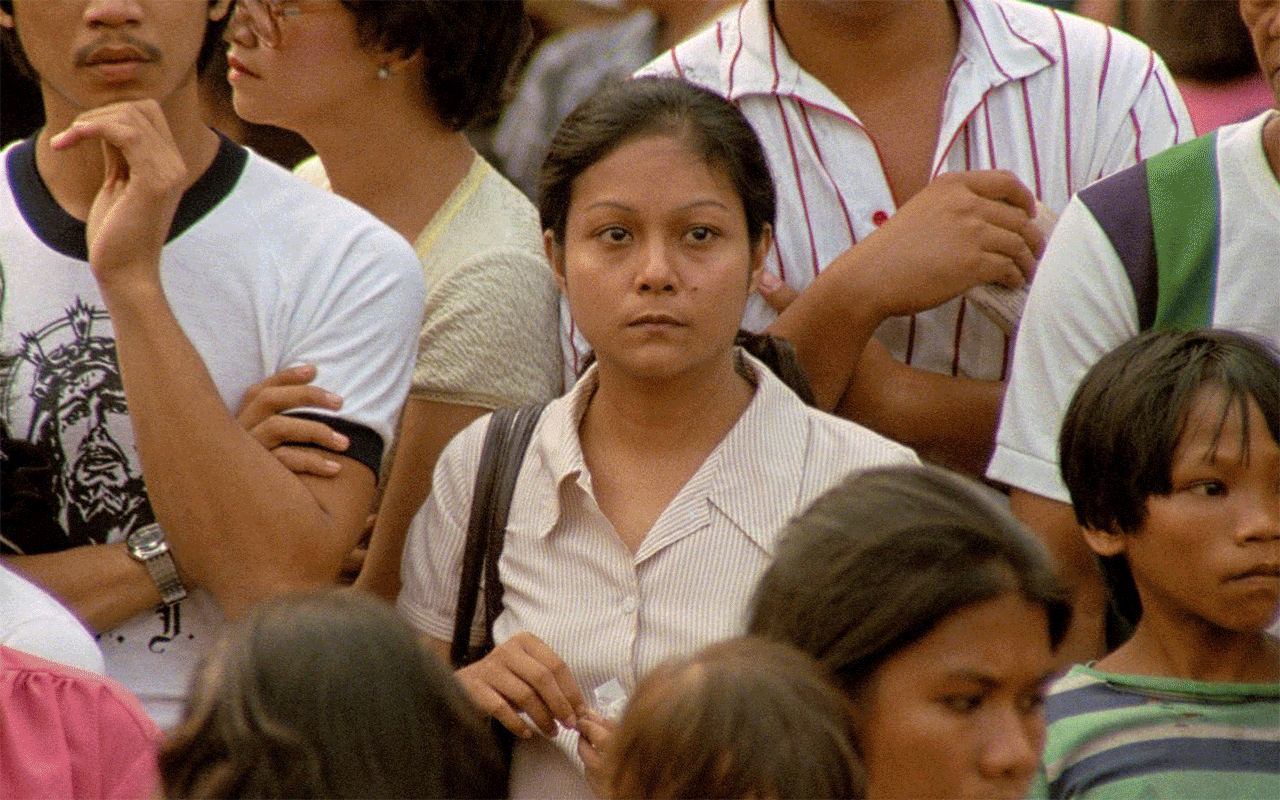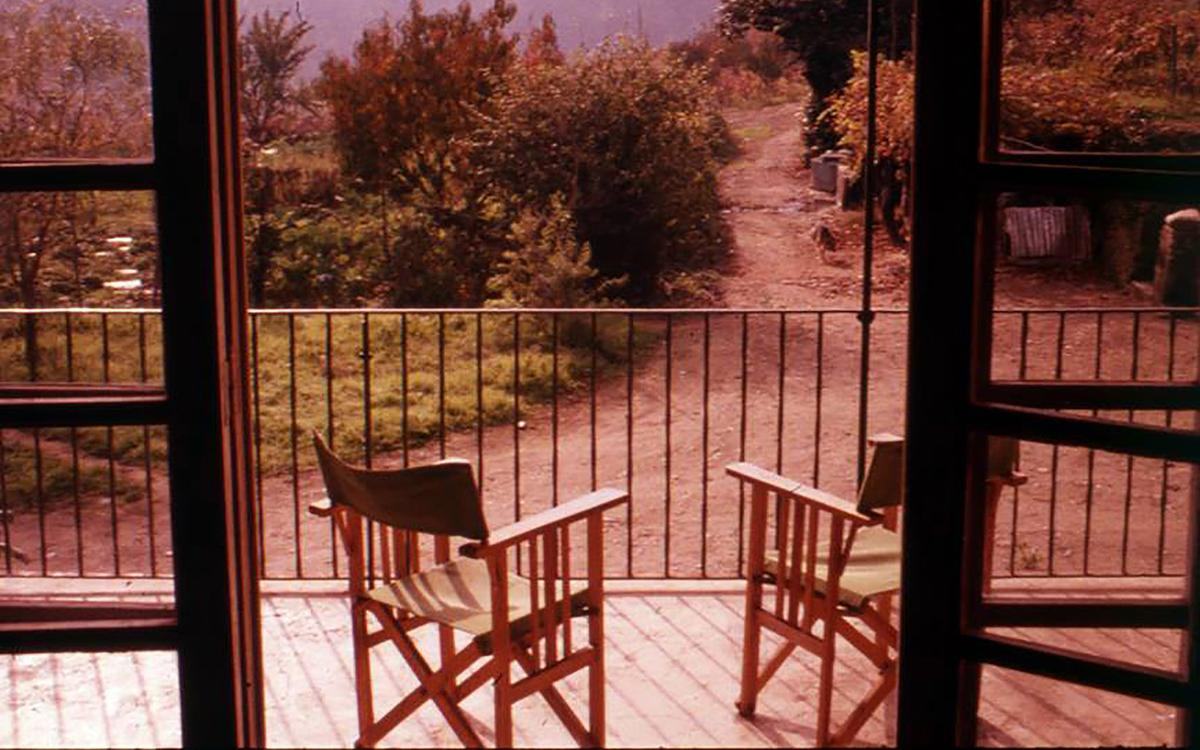
The second film festival at
The second film festival at
The
As has become tradition, the festival features two programmes: retrospective and contemporary. The retrospective presents films that for many years were inaccessible to the wider public. Some were thought lost forever, only to be rediscovered decades later under extraordinary circumstances. Others were banned for long periods by censors and officials. Still others, after an initial release, fell victim to their own producers, who for various reasons blocked repeat screenings or home-media editions, allowing the films to slip quietly into obscurity.
Given these circumstances, the films in the retrospective programme can be considered not only regained, but rescued. The stories of their rescue are often astonishing: reels found under a different title on the other side of the world; a film unearthed thanks to an English professor who fell in love with it as a child; works whose release required a change of government in their home country.
But not only classic or archival films can be regained. Often, even very recent works that have just screened at leading international festivals must overcome seemingly impossible obstacles to reach an audience. Some directors spend their entire lives on a single film, carrying a personal story that spans decades. Others return to footage shot long ago but never completed, creating a work that belongs to two different eras at once. The festival’s opening film simultaneously revives a long-lost silent film from a century ago—and uses it to create something that could only exist today.
At the Festival of Films Regained, classic and contemporary works coexist as equals, entering into dialogue and enriching one another with new and often unexpected perspectives on cinema’s dramatic past and complex present—and perhaps even its unpredictable future.
Each title in the programme is, in one way or another, a film with a story—a story that began long before the first day of shooting and continued long after the premiere, acquiring an unexpected off-screen chapter. The Festival of Films Regained traces how cinema can develop its own biography and fate, and how the broader history of cinema is gradually assembled from these individual destinies.
The screenings are accompanied by a public programme on the return of classic, forgotten, and lost films. Cinema archivists, curators, and custodians will discuss how this process works, who is responsible for it, and what makes it possible.

